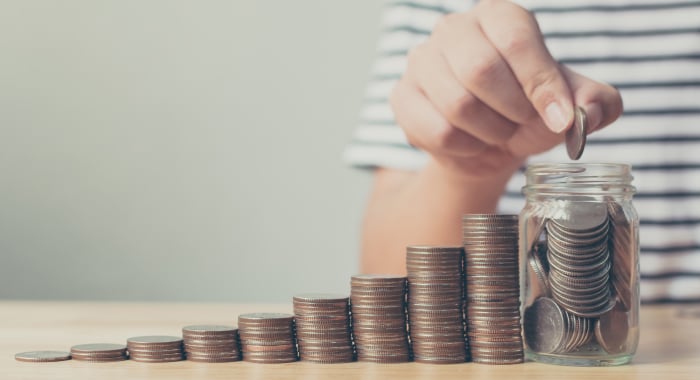This blog post was written by SAC member, Meadow Hall.
We all know that life has unexpected events that can be difficult to plan for. For example, losing a job, major appliances breaking, or sudden hospital bills. Fortunately, we can set up an emergency fund to accommodate these unexpected costs. Financial experts recommend that your emergency fund should cover 3 to 6 months of your total expenses. Here are some steps to get started with building your emergency fund!
How Much Do I Spend A Month?
In order to effectively have an emergency fund, you have to know how much you spend each month. One of the best ways to calculate your monthly expenses is to go to your online banking account (Login to your Harvard FCU online banking account here.) and add up all of your expenses for the past month. If you think the last month isn’t representative of your spending habits, you can average the expenses from the past 3 months.
Setting a Savings Goal
In addition to the monthly expenses mentioned before, you should also save for those unexpected expenses. If you know that you have aging appliances in your home, it might be advisable to put extra money into your emergency fund. For example, the cost of a new water heater can be more than $1,000. Other expenses to consider that may not be reflected in your monthly spending include school supplies, travel, and holiday expenses.
Starting Your Emergency Fund
After calculating your saving goal, now it’s time to set up a place to direct your savings.
Some people decide to add their emergency fund to their existing savings account, but that mixes their previous savings with their emergency fund. Due to this, it can be difficult to keep track of your savings; it's recommended that you open a separate savings account specifically for your emergency fund. In addition, it's recommended that you name this savings account, so you are reminded of the goal you are working towards. Having a name on this account also decreases the chance of you withdrawing funds from this account for non-emergencies, since you'll be reminded what your original intention was for the money.
Encouragingly, because of the goal gradient effect, the closer you get to you savings goal, the more motivated you will be to complete your goal. This means the hardest part is getting started. Creating an emergency fund can be intimidating, but HUECU is here to help you. We hope that this information will encourage you to start your fund today.
.png?width=258&height=68&name=Harvard_Primary_Logo_Horiz_RGB%20(2).png)




